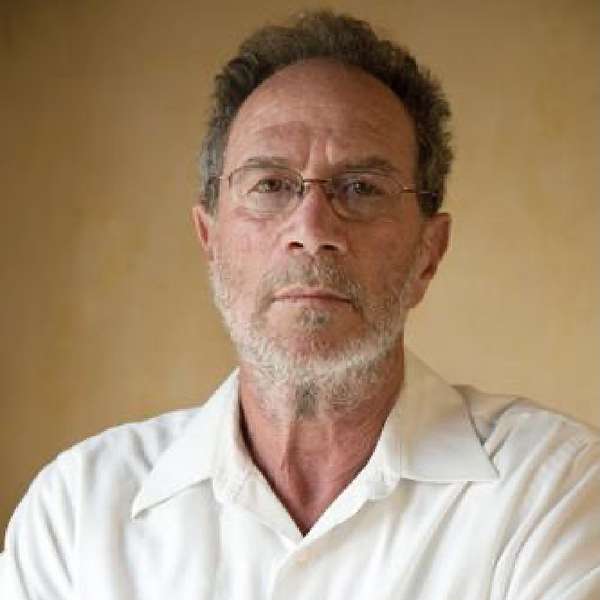
Sagewolf Interviews
The dirtiest secrets. That's what's happening here. Well...not entirely. Humans have always fascinated me. I'm most curious about what drives us creatively forward in our lives. When others share their stories with me, I arrive a little closer to knowing how many parallels we all share - how big this human family is, and that comforts me. I hope that by sharing these with you, you might know that too. I also hope that I'm able to present these in a way that you have a visceral experience - like you're there with us at the time and place of the interview - inside these beautiful human exchanges. These moments of connection are truly everything we humans seek when life is all boiled down to it's essence. I included the full audio, with the exception of minor edits of extremely personal information, as requested by my subjects. Many of these interviews are told "between the questions" - as is life. I hope you enjoy them as much as I do <3 XOO, Sagewolf
If you feel inspired to support this project, click on the link below🙏💕:
Sagewolf Interviews
Jeffrey Haas: Civil Rights Attorney / Criminal Defense for Standing Rock Water Rights / Author of “The Assassination Of Fred Hampton”
The scene:
We are sitting in the office that Jeff’s wife Mariel built into the garage. It’s the most formal environment selected by my interviewees thus far, but it’s fitting coming from a lawyer ;) Jeff is a spry 80 yrs old and is seemingly stoic and intimidating, but he warms right up when I start prodding him to tell me what the 60s Summer of Love was all about. Join us for a very colorful storytelling of Jeff’s and US history - a memoir of sorts.
Highlights:
+ Board member of the Water Protector Legal Collective
+ Active in the National Lawyers Guild for over 50 years
+ Practiced law in Chicago from 1969-2002
+ Grew up in Atlanta, Georgia
+ Parents are Jewish and supported the Civil Rights Movement
+ Grandfather was an attorney
+ Dad worked with John Lewis on the voter education project
+ Mom helped integrate hotels in Atlanta
+ Was the president of a fraternity
+ Volunteered for active duty to prevent getting drafted
+ Studied Law at the University of Chicago in the mid 60’s at the time of the riots and anti-war movements
+ First job was at Legal Aid helping the black community build affordable housing
+ Founded the People’s Law Collective
+ Spent 13 years in a civil suit to prove and prosecute the FBI and Chicago Police Dept for murdering Fred Hampton, the leader of the Black Panthers
+ Went back to school in his 60’s for an MFA in Creative Non-Fiction Writing in order to write his book like a memoir
+ Writing is an experience in self-revelation
+ Learning to write not just what happened but how you felt about it
+ Inspired by George Orwell’s memoirs
+ The value of group critiques for developing writing
+ Having a fundamental sense of justice
+ Having a mind for math, logic, and chess
+ Reacting to the time’s politics shaped the trajectory of his life
+ He’s a “reluctant revolutionary”
+ Not just a lawyer for the movement but also a part of the movement
+ There’s a difference between empathizing with or exploiting the prejudices of your crowd (manipulation)
+ When the long-reigning majority fears losing their power, totalitarian regimes tend to set in
+ Movie: Youth vs. the Government
+ The difference between empathy and sympathy, walking together vs. “saving”
+ It’s important to do things in life that make you uncomfortable
+ Using your privilege to benefit others without it
+ Are you part of the solution or are you part of the problem?
+ Office meetings on acid in the forest
+ Having a front-row seat on history
+ The camaraderie of working with a group
+ Climate change is a major issue
+ How do you show the governments’ complicity?
+ Top priority call to action: confronting the fossil fuel industry
Taste:
“If you recognize climate change, you recognize the collective need to deal with it - the governments and people acting together. Private enterprise/capitalism is not going to solve climate change. [...] Acknowledging climate change means you can’t make profit all the time.”
Saying:
“Evil doesn’t succeed because of the actions of evil people, it’s the non-actions of good people that allows evil to prevail.”
Thank you for listening!
Please subscribe to support this project.
Love, Sagewolf xoxo